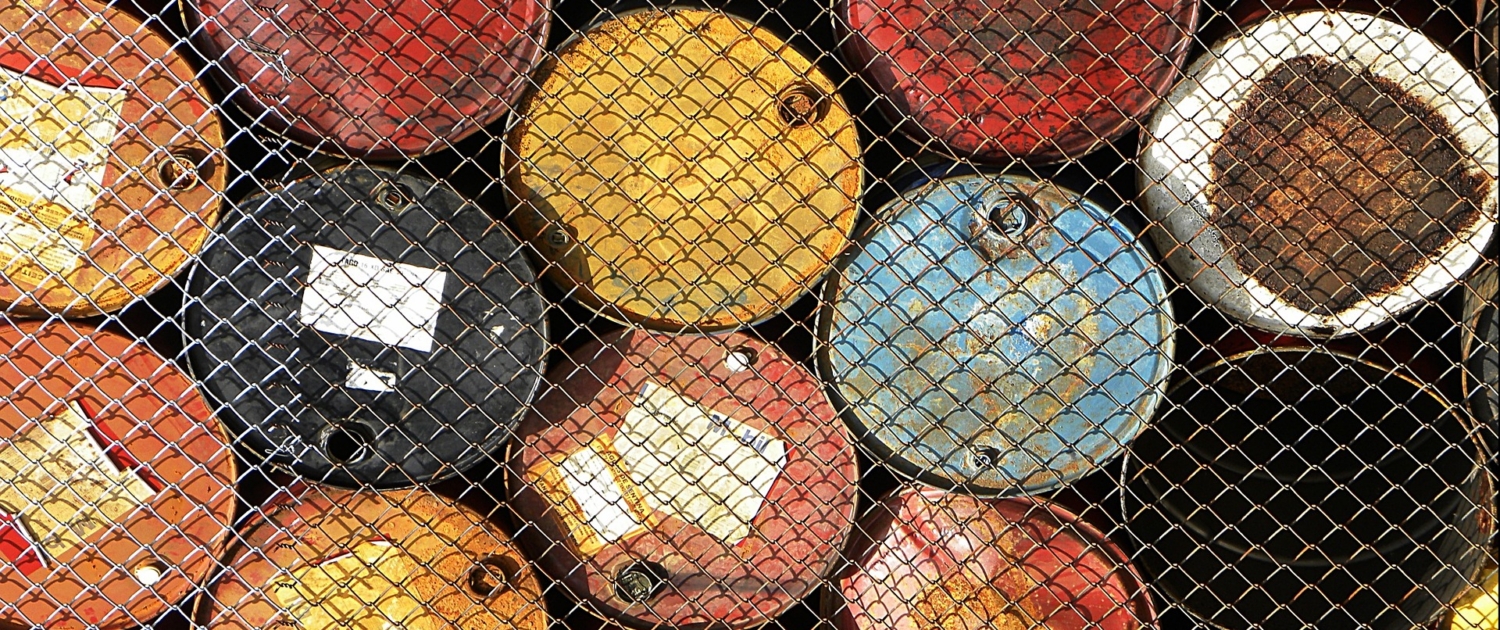En daar was weer een tweet van Trump: schandelijk die hoge olieprijzen. Daarvoor is volgens de Amerikaanse president de OPEC verantwoordelijk. Er komen namelijk scheepsladingen vol met olie op ons af en toch is de prijs veel te hoog: “no good and will not be accepted”.
Inderdaad kan niemand het zijn ontgaan dat de benzineprijzen aan de pomp weer aan het stijgen zijn. En in het kielzog daarvan de gasprijzen. Op zich lijkt dat een goed teken: de wereldeconomie zit in de lift, dus neemt de vraag toe. Anderzijds heeft Trump ook gelijk. De productieverlaging van de OPEC-leden en van Rusland was bedoeld om weg te komen van de dramatische lage olieprijzen van 2014. Toen schommelde de prijs per vat rond de 30 dollar, waardoor olie-exporterende landen zwaar in de problemen kwamen en sociale onrust dreigde. De productiebeperking lijkt nu eindelijk effect te hebben.
Maar Trump is deels zelf ook debet aan de hogere olierijzen. De president duwt de prijs met het grootste gemak omhoog met zijn dreigende handelsoorlog, zijn besluit de Iran-deal om zeep te helpen en zijn verhuizing van de Amerikaanse ambassade van Tel Aviv naar Jeruzalem. De stabiliteit van het Midden Oosten is er onder Trump niet beter op geworden. Alleen al dat is niet bevorderlijk voor de olieprijzen.
De meest directe invloed op de prijs heeft het opzeggen van de Iran-deal. Toen Trump zijn besluit bekend maakte en nieuwe sancties aankondigde, schoot de prijs per vat met drie procent omhoog. Dat is logisch, want nadat Iran met Amerika, Rusland, China, Duitsland, Frankrijk en het Verenigd Koninkrijk akkoord was gegaan met het aan banden leggen van zijn kernprogramma werd de Iraanse oliesector bevrijd van knellende sancties en schoot de productie omhoog.
De geschiedenis wijst uit dat bij een stijging van de olieprijs met tachtig procent binnen een jaar, er een recessie op komst is
Iran is de derde grootste olieproducent binnen de OPEC en is goed voor ongeveer drie procent van de mondiale olieproductie. Door nieuwe sancties kan de oliewinning gehalveerd worden waardoor er, mede door de productiebeperking van de OPEC, meer krapte op de markt kan ontstaan.
Volgens sommige experts moet de prijs niet te hard stijgen. De geschiedenis wijst uit dat bij een stijging van tachtig procent binnen een jaar, er een recessie op komst is. Dat gebeurde volgens financieel analist A.J. Bell al eerder in 1974, 1979, 1990, en 1999. Een jaar geleden stond de olieprijs op bijna 50 dollar per vat. Nu staat deze ver boven de 70 dollar. Reken maar na, zou ik zeggen.
Toch lijkt het voorlopig zo’n vaart niet te lopen. De Verenigde Staten zijn ‘swing producer’ en de mate waarin zij schalieolie oppompen bepaalt in belangrijke mate de prijs. Als de prijs per vat boven de 50 dollar komt, dan is de winning ervan lucratief. Velden zijn tegenwoordig snel, gemakkelijk en relatief goedkoop te exploreren, zodat de Amerikanen in belangrijke mate aan de prijsknop zitten. De U.S. Energy Information Administration (EIA) heeft al gemeld dat de winning van schalieolie van iets meer dan 10 miljoen vaten per dag zal oplopen naar bijna 12 miljoen in 2019. Mogelijk is dit waar Trump in zijn tweet op wees.
Lees de column van Rob de Wijk voor Energiepodium hier!





